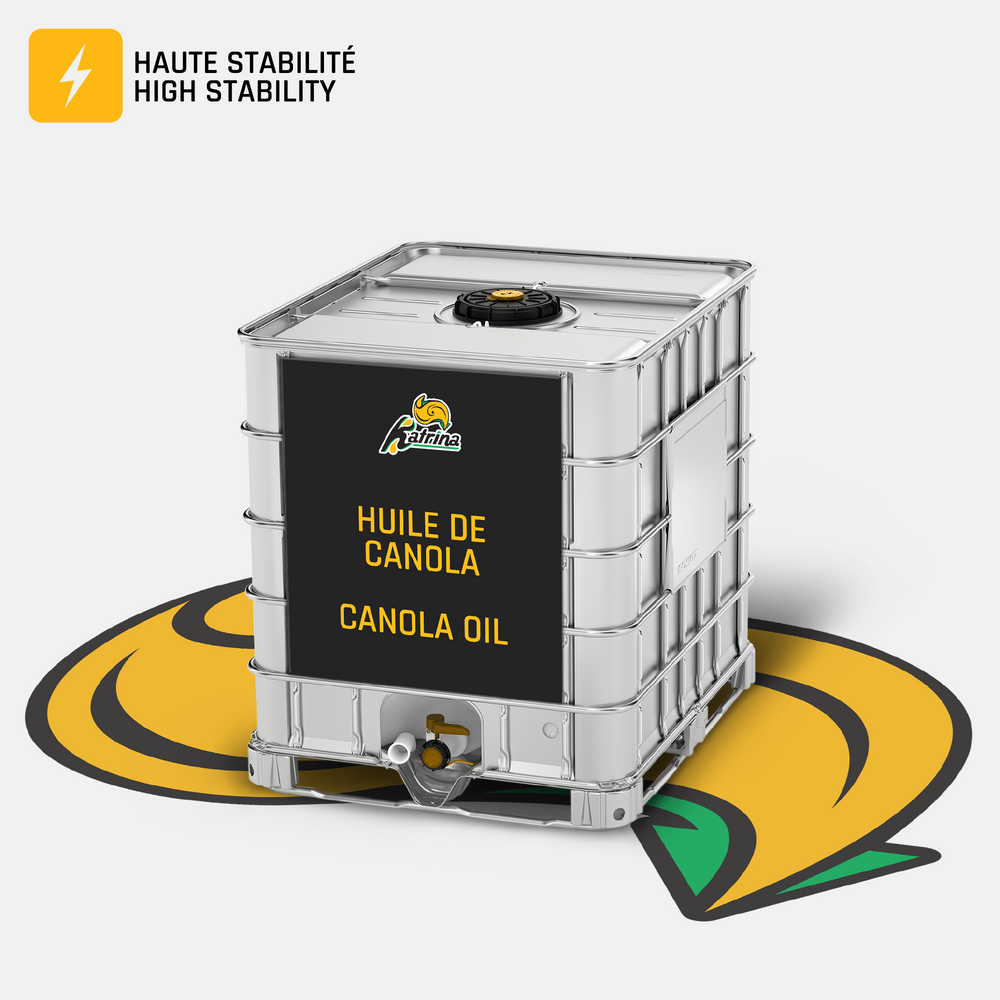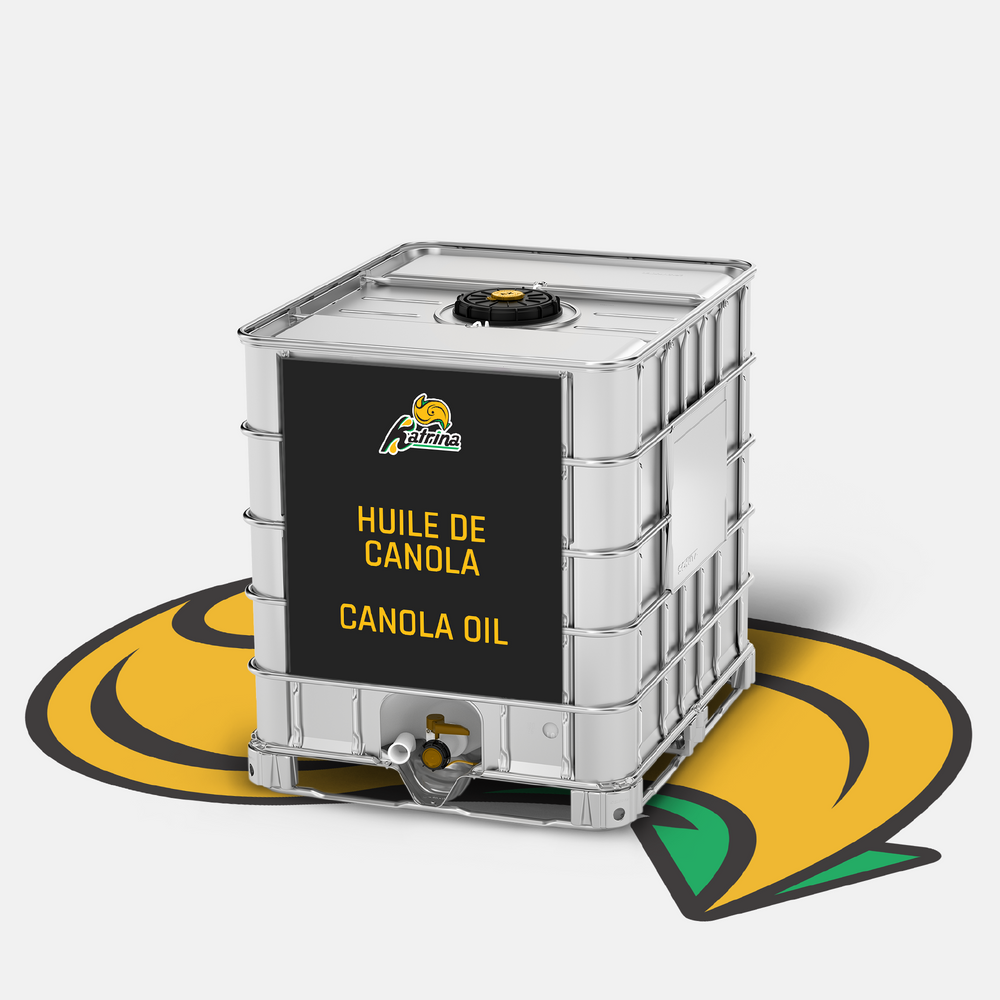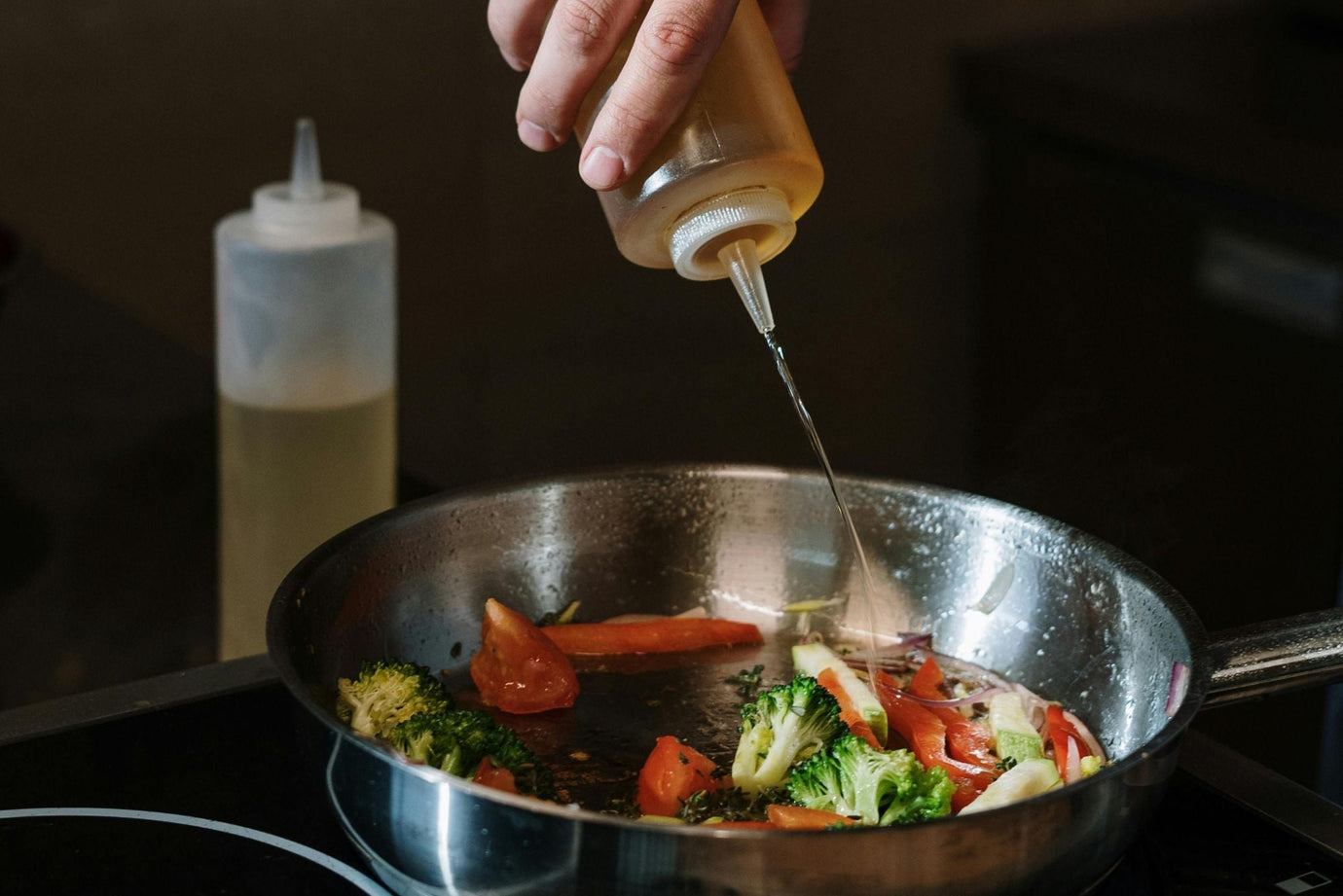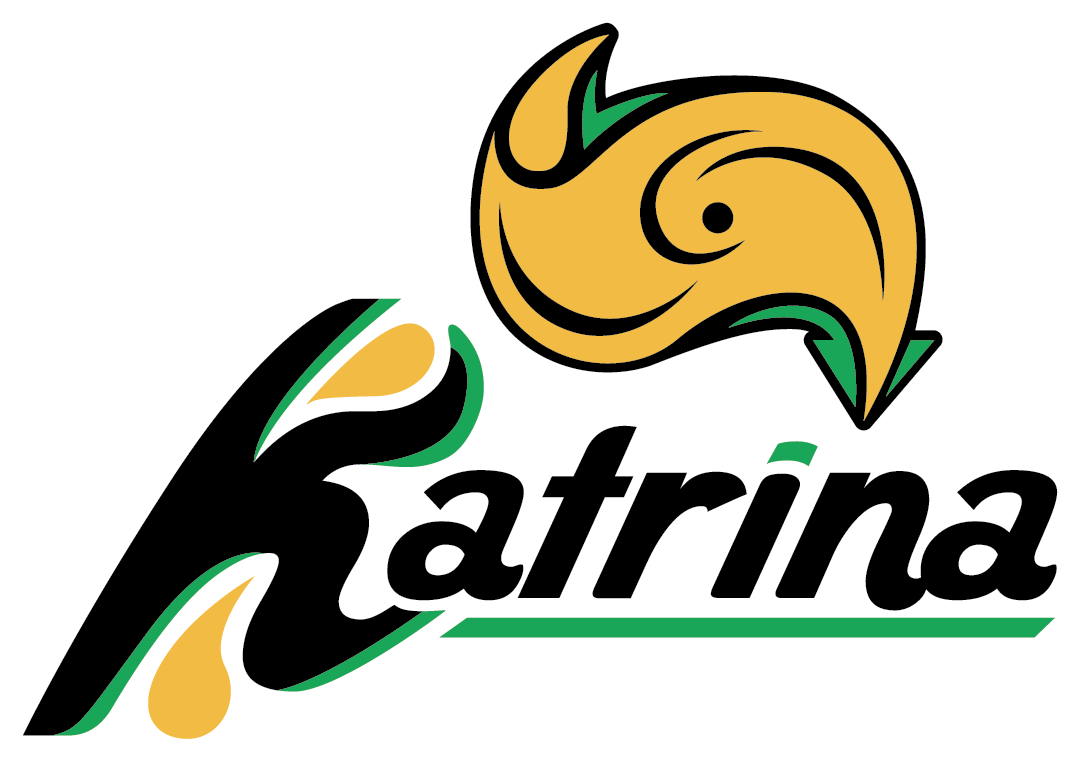All About High Oleic Canola Oil: What Is It & Is It Healthy?
High oleic canola oil (also known as high stability canola oil) is a popular choice for bulk vegetable oil, especially in restaurants and food manufacturing. Its unique qualities allow for better shelf life, better stability, and better financials. Let’s explore the details.
What is High Oleic Canola Oil?
High oleic canola oil is a specific variety of canola oil that has been bred to contain a higher percentage of monounsaturated fats, particularly oleic acid. This variation sets it apart from regular canola oil, which has a more balanced mix of monounsaturated and polyunsaturated fats. The increased oleic acid content offers several advantages that make it popular with restaurants and food manufacturers.
The Role of Oleic Acid
Oleic acid is a monounsaturated fatty acid (MUFA) that is commonly found in foods like olive oil, avocado, and nuts. High oleic canola oil contains significantly higher levels of oleic acid, often exceeding 70% of its total fat content.

Is High Oleic Canola Oil Healthy?
High oleic canola oil is considered a heart-healthy option due to its favourable fatty acid profile. The high oleic acid content, combined with low saturated fat levels and no trans fats, supports heart health. Studies have demonstrated that replacing saturated fats with unsaturated fats like those found in high oleic canola oil can reduce the risk of heart disease.
Research also suggests that diets rich in monounsaturated fats can help reduce LDL (bad) cholesterol levels while maintaining HDL (good) cholesterol levels, which may contribute to better cardiovascular health.
What’s the Difference Between Normal Canola Oil and High Oleic Canola Oil?
The primary difference between normal canola oil and high oleic canola oil is their fatty acid composition. While regular canola oil contains a balanced mix of monounsaturated fats (about 61%) and polyunsaturated fats (about 32%), high oleic canola oil has a much higher monounsaturated fat content (typically over 70%) and a reduced amount of polyunsaturated fats.
However, on the outside, normal and high oleic canola oil look and taste the same!

Benefits of High Oleic Canola Oil
The difference in composition between canola oil and high oleic canola oil results in a number of benefits for both consumers and for manufacturers.
Extended Shelf Life
High oleic canola oil boasts exceptional stability, even at high temperatures. This makes it resistant to oxidation and rancidity, resulting in a longer shelf life compared to many other cooking oils. For food manufacturers, this means products stay fresher for longer, reducing waste and ensuring consistent quality.
High Heat Stability
Increased resistance to oxidation also results in higher heat stability, allowing high oleic canola oil to be used for high-heat cooking. Since it breaks down more slowly, it can also last longer and be reused more (for example, in deep fryers). This is financially beneficial and also results in a more consistent frying result.
Enhanced Nutritional Profile
Higher monounsaturated fat content means a more heart-healthy fatty acid composition. High oleic canola oil benefits from an enhanced nutritional profile thanks to this, making it a great choice for health-conscious individuals or consumers looking for a heart-healthy option.









